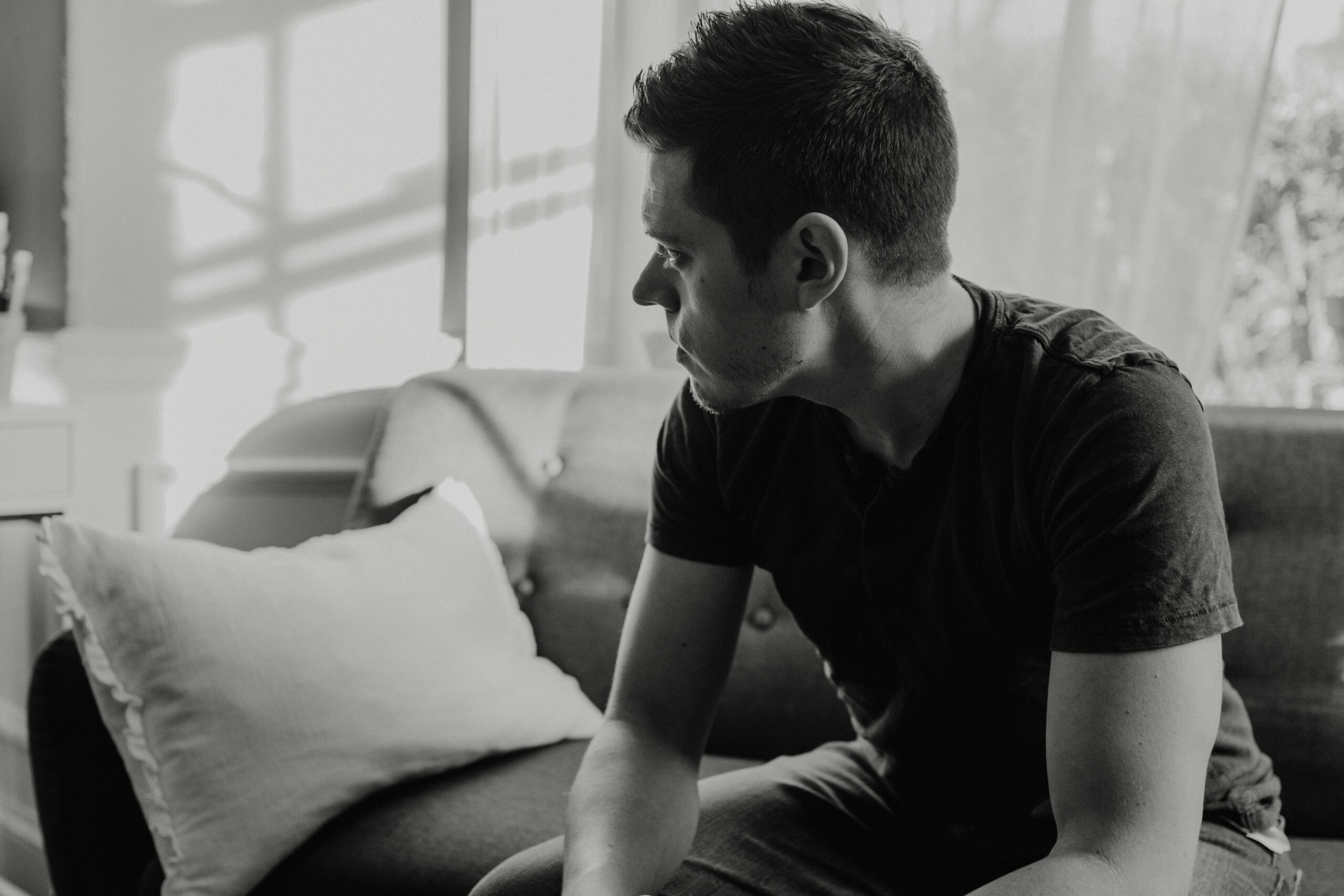A Path to Healing
Have you ever wondered what it takes to heal after unimaginable trauma? What support is available for male veterans who survived military sexual trauma (MST)? Today, people are talking about mental health and trauma. But the stories of male MST survivors remain in the shadows.
Understanding Military Sexual Trauma
Military Sexual Trauma isn’t gender-specific. Women in the military often suffer sexual trauma. Many don’t know that men are also affected. Male veterans usually find it hard to speak out about their experiences. There is a stigma around sexual trauma, especially in the military’s masculine culture. This stigma can show in various ways. It can be dismissive comments or outright disbelief. It makes it harder for male survivors to come forward.
MST includes any sexual harassment, assault, or abuse a service member experienced during their military service. The effects are devastating. They harm survivors’ mental, emotional, and physical health for years, even decades. And when these stories remain untold, the silence can be as damaging as the trauma itself.
The Unique Challenges Faced by Male Survivors
A formidable hurdle for male MST survivors is the expectation of masculinity. Society expects men to be “tough” and resilient. This makes it hard for them to admit to being victims of sexual violence. We need to recognize their immense courage and strength in doing so. They may feel intense shame or guilt. They believe that admitting their trauma compromises their strength or masculinity. But, in reality, they are showing incredible bravery.
My time as a Sexual Assault Response Coordinator (SARC) and Sexual Harassment Assault Response Prevention (SHARP) Academy with the U.S. Army shows this makes men feel alone and unsupported. Many stay silent. They fear speaking out may harm their reputation and lead to peer judgment. This silence allows the trauma to fester. It causes long-term mental health issues like PTSD, depression, and anxiety. It can also lead to substance abuse.
The Power of Community and Support
A supportive community is vital to a survivor’s healing. Finding the proper support is critical for male veterans dealing with MST. Connecting with others who have had similar experiences can be life-changing. You can achieve this through therapy, peer groups, or spiritual guidance. We must create a support network. It should hear every voice and value every expertise.
I’ve seen the impact of open talks and robust support systems from advocating for service members who were victims of such a despicable crime. When veterans have a safe space to share their stories and get guidance, healing is possible. It’s not about addressing the trauma but restoring hope and confidence.
Creating a Safe Space for Military Sexual Trauma
So, how do we move forward?
The first step is to create a safe space for male MST survivors. They must feel free to come forward without judgment or ridicule. We must remove the stigma around sexual trauma. We need honest talks about male victimhood.
It’s about fostering a community where veterans feel understood, respected, and supported. We must unite to educate, raise awareness, and advocate for better resources. Let’s challenge the false narratives that say male survivors shouldn’t speak out. Instead, let’s create healing pathways that hear their voices and confirm their experiences.
The Need for Specialized Resources
Many male veterans affected by MST are unaware of available resources. We must raise awareness of specialized care. This includes counseling for veterans and trauma survivors. Such services can provide vital support. They include individual and group therapy, peer support, and specialized programs. Veterans’ mental health groups should focus on outreach. They must show that help is available for all survivors, both male and female. We must push for better funding and programs for male sexual trauma survivors. Every veteran deserves access to the tools they need to rebuild their lives.
Veterans need resources for the psychological and physical impacts of MST. We must advocate for better funding and programs for male sexual trauma survivors. Every veteran deserves access to the tools they need to rebuild their lives. This advocacy is a duty of individuals, organizations, and policymakers. They can influence resource allocation and program development.
Conclusion: A Call to Action
The time for change is now. We must not ignore the struggles of male veterans with military sexual trauma. We must break the silence, remove the stigma, and offer tangible support to those most need it. Healing is not only possible—it’s within reach when we come together as a community. Let’s commit to raising awareness, advocating for better care, and supporting veterans. Share this message, start a conversation, or listen with empathy. Our actions can create a ripple effect that leads to real change.
If you’re a male survivor of MST, know that your story matters. You don’t have to carry this burden alone. Taking that first step is one of the most courageous things you can do. It means reaching out to a friend, a counselor, or a support group.
Let’s raise awareness, advocate for better care, and support veterans. Share this message, start a conversation, or listen with empathy. Our actions can create a ripple effect that leads to real change.
My journey has taught me that healing isn’t a solitary process. No one should walk this road alone. Especially not those who have sacrificed for their country. Let’s unite to give male MST survivors the care they deserve. They deserve our respect and understanding, too.
If you want to explore this issue further or find ways to take action, please get in touch with me. Together, we can make a difference and build a system that supports every veteran.
